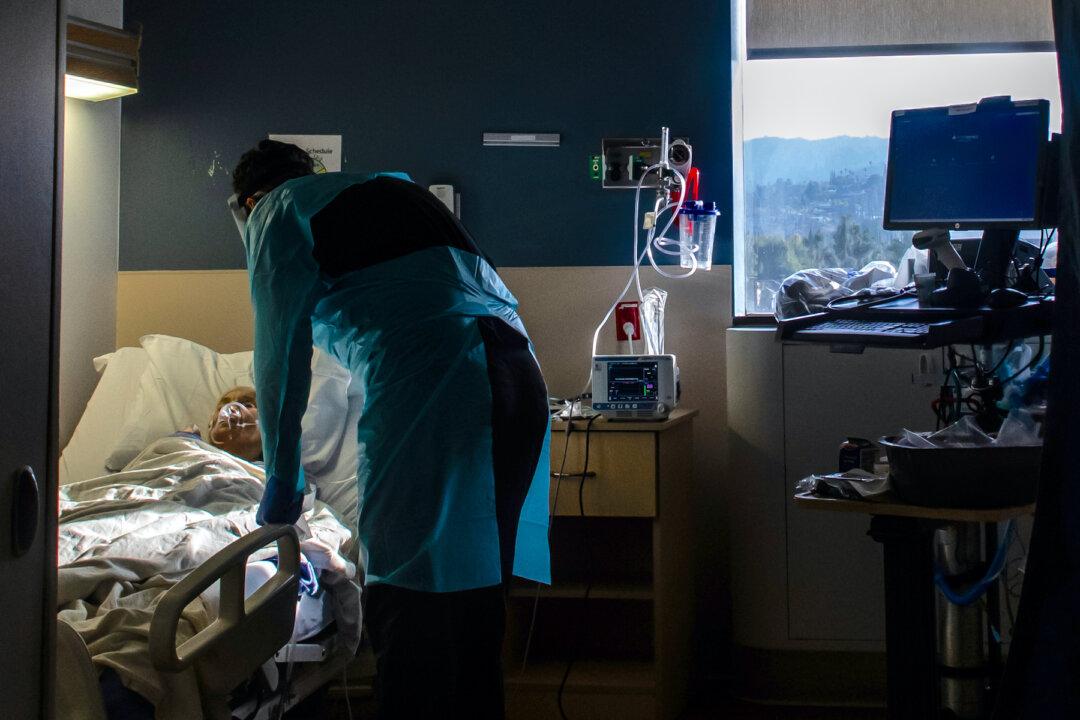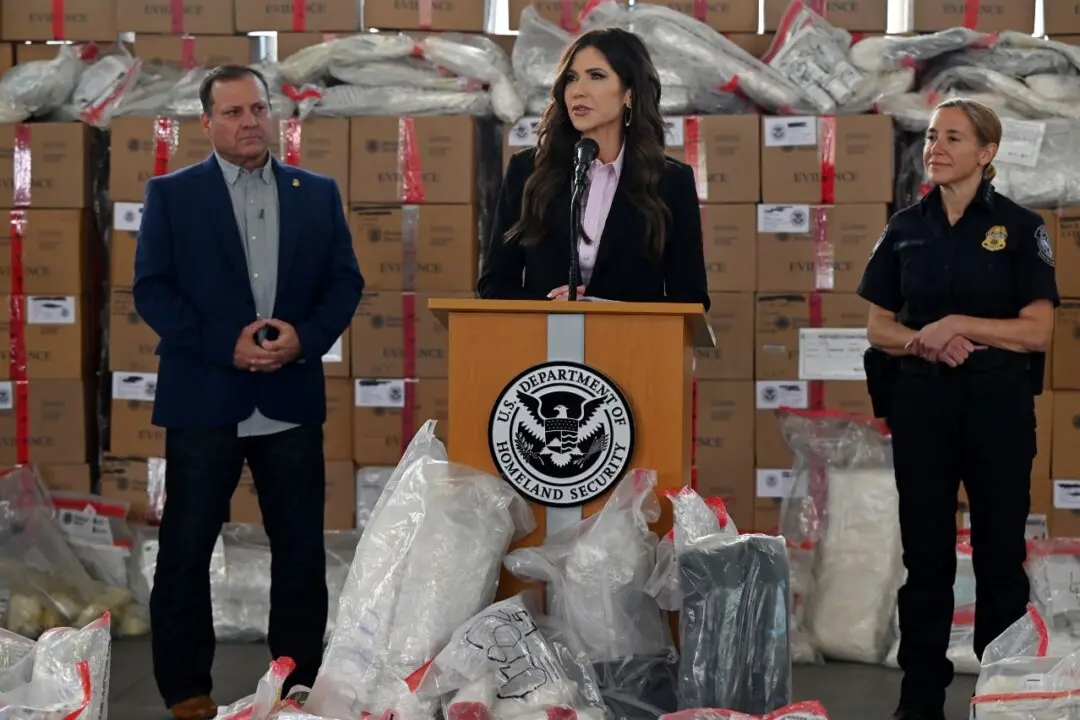Attorneys for two doctors have filed a federal lawsuit against the Medical Board of California and state Attorney General Rob Bonta over a freshly signed law that aims to punish physicians for spreading “misinformation” or “disinformation” related to COVID-19.
The complaint, filed on behalf of Dr. Jeff Barke and Dr. Mark McDonald in the U.S. District Court for the Central District of California on Oct. 4, just days after Gov. Gavin Newsom signed Assembly Bill 2098 (AB 2098) into law, asks the court to declare the new law unconstitutional and seeks a preliminary injunction to prevent its enforcement.





